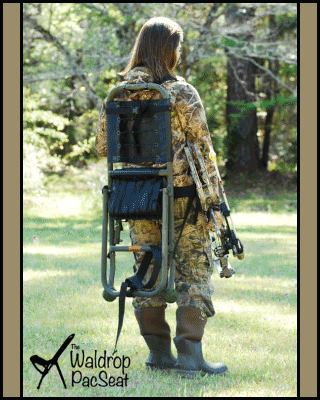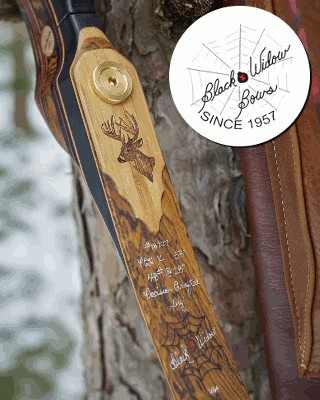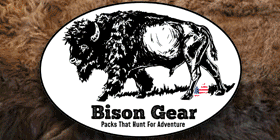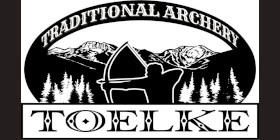Recently there has been an explosion of interest in the health benefits of bone broth. The prices in the grocery store reflect this newfound interest and demand, as well as new specialty brands that offer small containers of the product at exorbitant prices.
The rumor is this healthy broth has many benefits to joints, bones, digestive, and overall health. This wholesome and nutritious food has been consumed since prehistoric times. The broth is loaded with vitamins and nutrients that support bone and joint health including things that modern health nuts purchase as a dietary supplement such as glucosamine and collagen. The gelatin and amino acid content has been reported to aid and even heal your digestive tract by its affinity for water in the gut. Other amino acids found in bone broth, including glycine and arginine, have strong anti-inflammatory effect. In addition, glycine, may help you relax and sleep better. The bottom line is bone broth is extremely healthy and low in calories.
As I butcher my own deer it is quite easy to save the long bones and joints for broth making. I can process a deer quicker now that I am not as fastidious about removing all the meat from the bones for the burger pile. In fact, you want to leave lots of small bits of meat and cartilage on the bones for flavor!
I use a hatchet (or tomahawk) against some scrap plywood to break up the long bones for the purpose of exposing the marrow to flavor the broth, and also to better fit the bones in the pot for cooking. As I butcher, I will place the broken bones in a large 2.5 gallon ziplock bag I will store in the refrigerator or freezer until it is time to make broth. Sometimes, I will also cut away the ribs and use the slabs with the long bones. I find the additional meat in the ribs also adds more flavor to the finished broth. This is some of the deer carcass that is commonly discarded and you can put them to good use with minimal extra effort. I use a cordless sawzall to make it easier to remove the rib slabs. Do not use the skull or spinal column.
Recently there has been an explosion of interest in the health benefits of bone broth. The prices in the grocery store reflect this newfound interest and demand, as well as new specialty brands that offer small containers of the product at exorbitant prices.
The rumor is this healthy broth has many benefits to joints, bones, digestive, and overall health. This wholesome and nutritious food has been consumed since prehistoric times. The broth is loaded with vitamins and nutrients that support bone and joint health including things that modern health nuts purchase as a dietary supplement such as glucosamine and collagen. The gelatin and amino acid content has been reported to aid and even heal your digestive tract by its affinity for water in the gut. Other amino acids found in bone broth, including glycine and arginine, have strong anti-inflammatory effect. In addition, glycine, may help you relax and sleep better. The bottom line is bone broth is extremely healthy and low in calories.
You can make delicious and healthful bone broth right at home. Since I am an avid outdoor sportsman, this was just another way to utilize my deer. Venison bone broth is quite delicious, free range, wild-caught, antibiotic and hormone free!
As I butcher my own deer it is quite easy to save the long bones and joints for broth making. I can process a deer quicker now that I am not as fastidious about removing all the meat from the bones for the burger pile. In fact, you want to leave lots of small bits of meat and cartilage on the bones for flavor!
I use a hatchet (or tomahawk) against some scrap plywood to break up the long bones for the purpose of exposing the marrow to flavor the broth, and also to better fit the bones in the pot for cooking. As I butcher, I will place the broken bones in a large 2.5 gallon ziplock bag I will store in the refrigerator or freezer until it is time to make broth. Sometimes, I will also cut away the ribs and use the slabs with the long bones. I find the additional meat in the ribs also adds more flavor to the finished broth. This is some of the deer carcass that is commonly discarded and you can put them to good use with minimal extra effort. I use a cordless sawzall to make it easier to remove the rib slabs. Do not use the skull or spinal column.
When I am ready I will simply place the bones and ribs, sprayed lightly with oil, on a cookie sheet in a preheated oven at 425 degrees for 1 hour. The bones should get a nice brown color.
I then remove the bones and place them in a large stock pot with lid. Into the pot goes half a chopped onion, a cup or two of carrots, a few cloves of garlic, salt, pepper, a bay leaf or two and sometimes some celery. Cover the bones with water and bring to a boil. Reduce the heat to simmer and then get ready for a long slow cook for about 12 hours. I typically turn the stove down to low so it is a slow simmer with the lid on and let it go overnight.
After the simmer is done, strain out the broth into a new pot and ladle the hot broth into mason jars to cool. I will typically can these in quart jars in my pressure canner for 20 minutes at 11 pounds pressure and they will last for a few years on the shelf. but it rarely lasts that long! One deer in this way will make about 6 quarts of venison bone broth.
It is rich and delicious and I often keep a quart jar in the refrigerator and heat up a cup when I am cold and need a pick-me-up. It is also an easy way to add lots of flavor to stews and soups. I really like to use some canned stew meat, add some bone broth, and thicken it into a nice gravy with corn starch to pour over noodles or rice.
Equipment:
Hatchet or tomahawk
Cookie sheet(s)
Large lidded stock pot
Pressure canner (optional)
Ingredients:
1 deer's worth of leg and scapula bones and rib racks
Cooking spray
Half onion
2 cups carrots
4 cloves of garlic
1/2 tbsp Salt
1/4 tbsp Pepper
1 or 2 whole Bay leaf
3 sticks of celery chopped




















